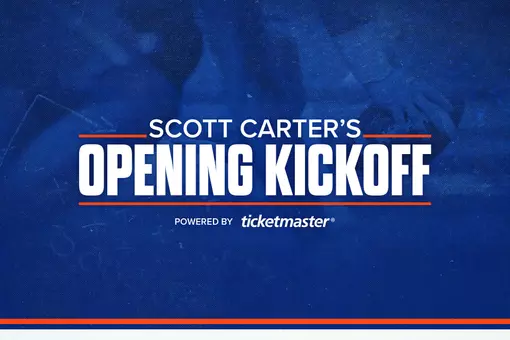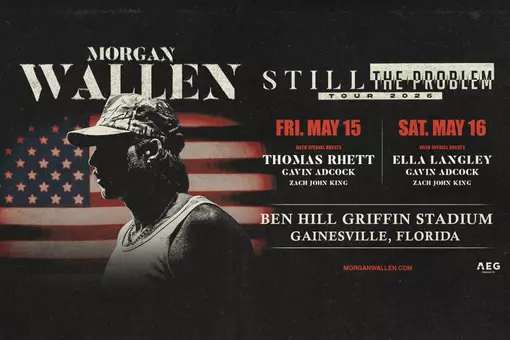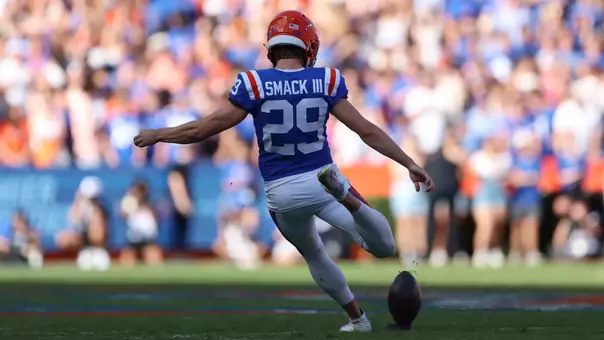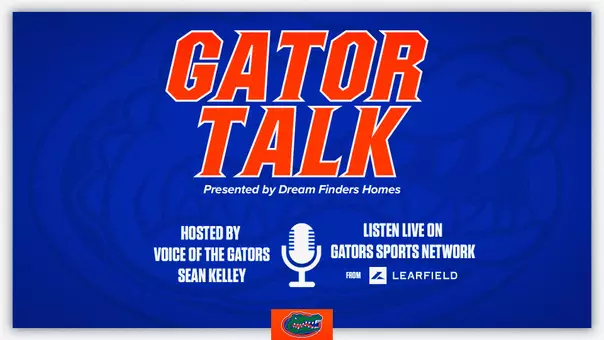Add Gator great Brad Culpepper to growing list of NFL concussion plaintiffs
Thursday, May 10, 2012 | Football, Chris Harry
 GAINESVILLE, Fla. -- Add Brad Culpepper, one of the most decorated student-athletes in University of Florida football history, to the snowballing number of former NFL players suing the league over residual effects from head injuries.
GAINESVILLE, Fla. -- Add Brad Culpepper, one of the most decorated student-athletes in University of Florida football history, to the snowballing number of former NFL players suing the league over residual effects from head injuries.
Culpepper, who played for three teams over nine NFL seasons, including six with the Tampa Bay Buccaneers, was the lead plaintiff in a concussion lawsuit filed Monday in Philadelphia that involves 25 other players.
"It's a matter of what knowledge the NFL had and maybe knowledge they should've had,” Culpepper, now 43, told The Tampa Bay Times, “and the protocol in which they used to help the players when a head injury was diagnosed.”
According to the NFL Players Association, 70 lawsuits against the league have now been filed involving more than 1,800 former players. While the NFL has implemented guidelines the last several years that require more thorough tests for head injuries during games, those tests weren't available to former players.
Or as Culpepper put it, “It wasn't like they sat a player down and said, 'Look, if you get a concussion or you get numerous concussions, this could scramble your brain for good.' “
Now a personal injury attorney in Tampa, Culpepper recalled the a game during the 1993 season, as a member of the Minnesota Vikings, when he collided with a San Diego Charger during a kickoff return. Then 6-foot-1 and 275 pounds, Culpepper had his face mask bent on the hit and was unconscious for 15 seconds.
Culpepper could not remember what happened, so he was taken to the hospital after the game, stayed overnight and was released the next day.
That morning, he went straight to team headquarters to lift weights, practiced all week and played in the game the following weekend.
Culpepper chose not to give details of his long-term health issues.  "Did I know it's going to potentially cause life-ending problems or dementia? Not like I do now. Would that have changed how I feel about playing? I don't know. I can't put myself in that situation. Quite frankly, I probably would not have,” Culpepper said. “But it's like a cigarette. You know they're bad for you. There's warning labels all over the cigarettes. Yet you may choose to do it.”
"Did I know it's going to potentially cause life-ending problems or dementia? Not like I do now. Would that have changed how I feel about playing? I don't know. I can't put myself in that situation. Quite frankly, I probably would not have,” Culpepper said. “But it's like a cigarette. You know they're bad for you. There's warning labels all over the cigarettes. Yet you may choose to do it.”
Culpepper, who starred at Tallahassee Leon High, was a first-team All-America defensive tackle in 1991 and co-captain of the program's first Southeastern Conference championship team. He also received the 1991 Draddy Award, considered the academic version of the Heisman Trophy, as college football's outstanding student-athlete and served as UF student body vice president during his senior year.







